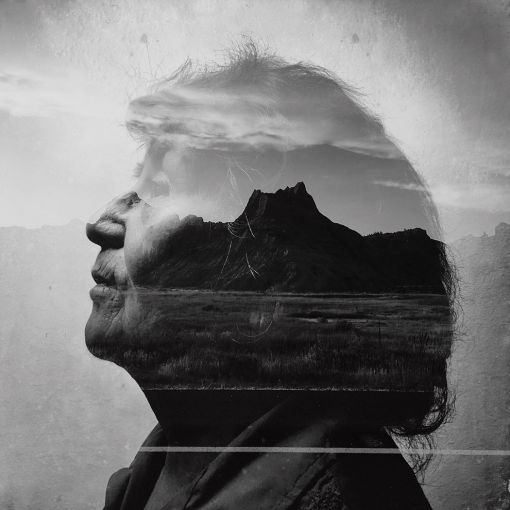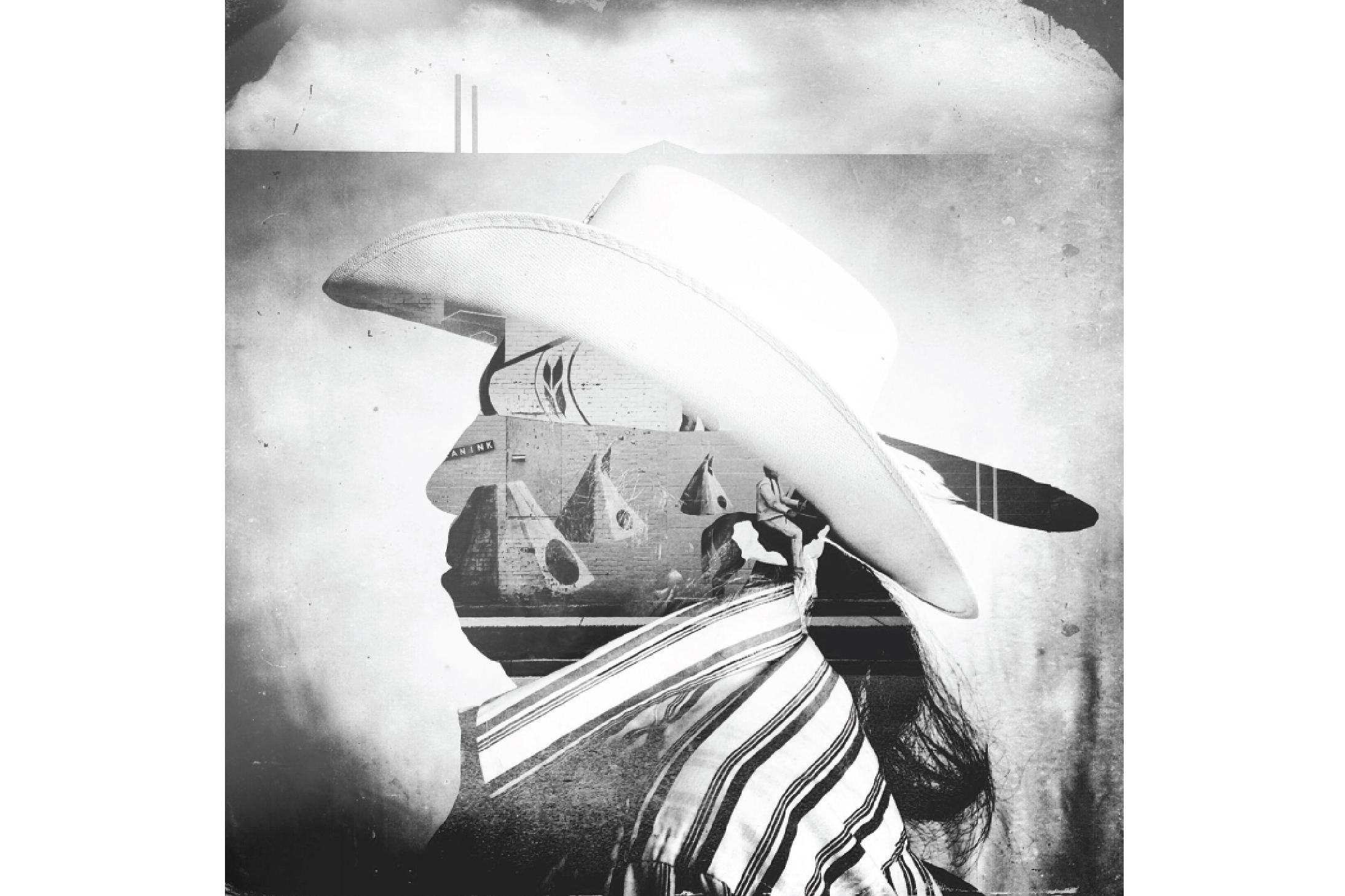
As a part of the Pulitzer Center's Campus Consortium program, Pulitzer Center grantee Daniella Zalcman taught a "Deep Dive Photojournalism" course at Wake Forest University for the second consecutive year. The course, a one-credit, independent study of photojournalistic reportage, focused on photography mechanics. It also dove into the importance of images in the portrayal of independent and communal narratives.
Zalcman, whose Pulitzer Center-supported project "Signs of Your Identity" explores the legacy of Indian residential schools, noted that the project is one of the most meaningful to her personally.
"It's looking and thinking about that history and most importantly talking to students about it," she said in an interview with Wake Forest University's student newspaper, Old Gold & Black. "I embarked on ["Signs of your Identity] based on my horror that I had never heard of [Indian residential schools] before, and so, for me, it's really important that I go into middle schools and high schools and talk to kids about that history and make sure that they don't grow up like I did."
Zalcman also emphasized the importance of visual literacy, particularly in the age of social media: "We are not taught how to think about photography, and we need to work on that, because increasingly, photography is how we consume news and information," she noted.
Read the full interview with Zalcman.

Project
NewsArts
NewsArts: a Pulitzer Center initiative that explores the intersections between journalism and art...






